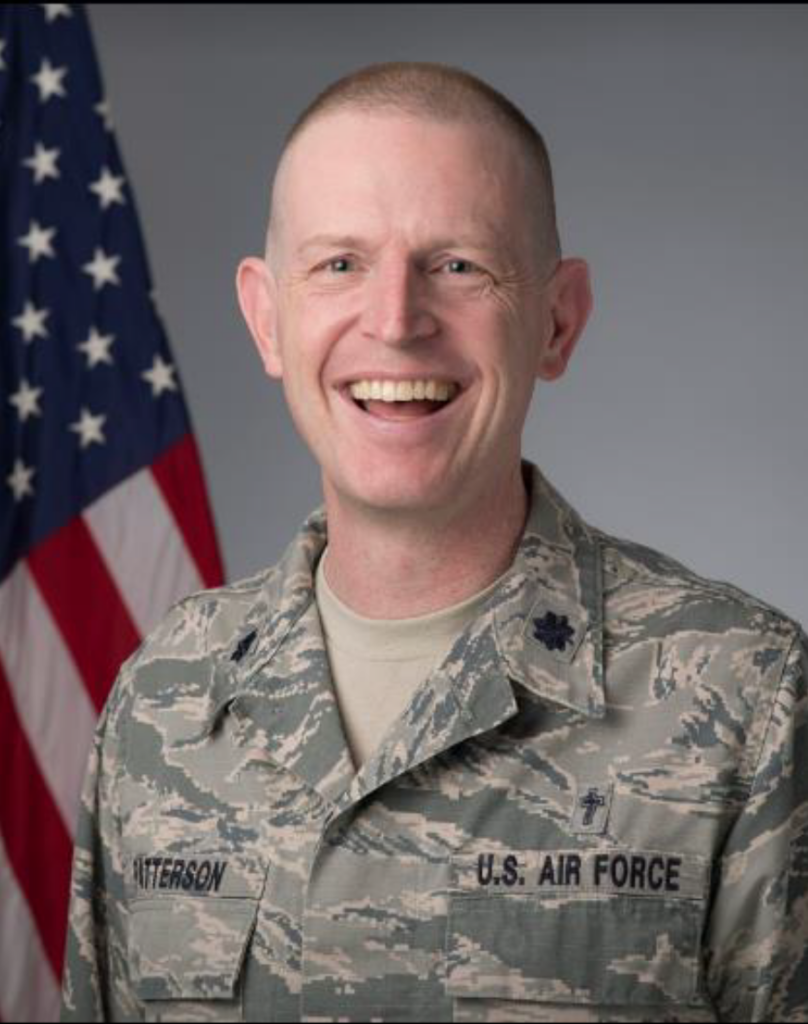 Diane Carlson Evans, RN
Diane Carlson Evans, RN
A former Captain in the Army Nurse Corps who served in Vietnam in 1968 and 1969, Diane Carlson Evans had a profoundly personal interest in remedying the omission of recognition for women veterans. Working in surgical and burn units, her first-hand knowledge of the casualties of the Vietnam war and the sacrifices of the women who volunteered to leave the comforts of home to support their fighting brothers in a foreign land, led her on a ten year mission – during which she had to convince government agencies, Congress, journalists and the public that building a women’s Vietnam memorial was a necessary part of the healing process for female war veterans. Ms. Evans was the first woman in American history to spearhead a campaign to place a national monument in the nation’s capital that recognized the contributions of military women to their country, as well as civilian women’s patriotic service.
Session Overview: The dedication of the Vietnam Veterans Memorial (the Wall) in 1982, and two years later the Three Servicemen statue, started a nationwide movement toward healing the wounds of the Vietnam War and acknowledgement of Post-Traumatic Stress Disorder. Noticeably absent in those Memorials was a recognition of the vast and essential role of women during that trying period. The Vietnam Women’s Memorial sought to promote the healing of women veterans. Its mission also included identifying women who served, educating the public about their role and facilitating research on physiological, psychological and sociological issues. This inspired the next memorial to be built honoring all women who have served our nation, past, present, and future, with its dedication at the entrance to Arlington Cemetery. Commemoration of the women who served began a healing process for that silent contingent of military personnel while changing the imagery of those who serve during wartime.
Keaten Labrel, PharmD
Position Title: Mental Health Clinical Pharmacy Specialist – VA Montana
Education: Skaggs School of Pharmacy – Missoula, MT
Training: PGY1 Residency, Benefis Health Systems – Great Falls, MT
Session Overview: Overcoming the opioid crisis is intended to be an interactive discussion surrounding the impacts of opioid misuse as well as education regarding naloxone rescue. The session will aim to help learners gain understanding of current opioid crisis, basic opioid pharmacology, and dopamine’s role in physiological addiction. We will distinguish opioid intoxication vs overdose and work to identify and understand opioid reversal and post-administration support. Future direction with treating addiction and promoting recovery will also be addressed.
 Cindi Laukes, MA, MFA
Cindi Laukes, MA, MFA
Cindi Laukes, MA, MFA, is Director and COO of the Neural Injury Center at the University of Montana, where she directs a research and clinical team with a focus on brain injury screening, research, and innovation. Serving veterans is at the heart of the Center’s mission. She is a Research Faculty Affiliate in UM’s School of Integrative Physiology and Athletic Training, and a Translational Research Navigator for the University of Washington. She was one of nine Patient Centered Outcomes Research Scholars at the University of Washington (2015-2017). Ms. Laukes has 24 years of experience in clinical research and patient assessment, and has directed or managed over 300 research projects. She has worked for many years with both veteran and tribal communities. She previously held positions at Providence St. Patrick Hospital-Missoula, the University of Arizona Health Sciences Center-Tucson, and the University of Iowa Hospital-Iowa City, and has her own consulting business.
 James V. Patterson, M.A., M.Div., LMFT, LCPC
James V. Patterson, M.A., M.Div., LMFT, LCPC
Chaplain James V. Patterson is a Clinical Chaplain for Montana VA Health Care System and a Chaplain, Lt Col, for the Wyoming Air National Guard. He brings more than 30 years of pastoral and clinical experience from the field to include over 21 years of military service as well as deployments to the Bosnia and Iraq wars.
Session Overview: “Understanding Moral Injury within the Veteran Population” engages with moral injury, whether it be that of a Veteran or someone else who has gone through a different sort of challenging, life-changing experience.
 Lacey Alexander LCSW
Lacey Alexander LCSW
Lacey Alexander, LCSW, is the Coordinator for the Integrated Academy of the Montana Primary Care Association. Her graduate degree is from Colorado State University and her undergraduate degree from the University of Montana. She is an enrolled member of the Northern Cheyenne Tribe and has worked throughout her career to advance wellness and resiliency in tribal communities. She has served as the Director of Behavior Health for a Federally Qualified Health Center (FQHC). As part of her work she directed the expansion of integrated primary care and development of integrated Medication Assisted Treatment services across seven sites in Eastern Montana. She was the lead in creating a training partnership with Chief Dull Knife Tribal College. That partnership resulted in the development of a combined Peer Support Specialist/Licensed Addictions Counsellor/Behavior Health Care Manager Program with an integrated behavior health course and practicum taught at an FQHC clinical site.
Her career has included developing and directed multiple non-profit programs providing resiliency support and mentoring services to tribal youth. She also serves as a member of the Montana Native American Domestic Violence Fatality Review Team.
Session Overview: Treating the whole person is the goal of integrating Behavior Health services and Primary Care. We know that the mind and body are not separate. We also know that there is often a stigma associated with seeking behavior health treatment. Our veteran’s health care is best served by having a team of professionals able to treat the whole person in their local primary care setting. This presentation will present the core elements of Integrated Behavior Health and how this model can improve health out-comes.
 Earl Sutherland, PhD., ABMP
Earl Sutherland, PhD., ABMP
Dr. Sutherland is the Director of the Integrated Academy for the Montana Primary Care Association. He completed his Ph.D. in School/Clinical Child Psychology from the University of Virginia. He holds B.A. and M.A. degrees in Psychology and an M.S. in Clinical Psychopharmacology. He is Licensed as a Psychologist in Montana and New Mexico. He holds a Prescribing Psychologist License in New Mexico and is Board Certified in Medical Psychology. His career has encompassed clinical and administrative work in public schools, child advocacy centers, community health centers, private practice, general and psychiatric hospitals, as well as the Indian Health Service. His current interests include the development of integrated care programs and the training of integrated care team members. Professional recognitions include the Indian Health Service Director’s Award, FBI Director’s Community Leadership Award, Montana Psychological Association Charles E. Kelly Award, the American Society for The Advancement of Pharmacotherapy National Service Award and the Montana Healthcare Foundation Mignon Waterman Award.
Session Overview: Treating the whole person is the goal of integrating Behavior Health services and Primary Care. We know that the mind and body are not separate. We also know that there is often a stigma associated with seeking behavior health treatment. Our veteran’s health care is best served by having a team of professionals able to treat the whole person in their local primary care setting. This presentation will present the core elements of Integrated Behavior Health and how this model can improve health out-comes.
Deb Charlton, MSN, RN
Debera Charlton is a Helena Native with two grown children and 3 grandchildren who also live in the Helena area. She has been a nurse for 21 years serving in a variety of nursing positions including staff nursing on medical, surgical, and hospice units. She also served as the Director of a Women and Children’s unit as well as a staff nurse for combined total of 19 years. Debera has served as an adjunct professor for two nursing schools, as a Quality Management Specialist, and Nurse Manager for Primary Care for 14 years. Debera has been at Montana VA for 21 years and currently serves as the Designated Learning Officer. She loves spending time travelling, hiking, and camping with family and has a strong passion for teaching.
Session Description: This session will cover the Montana VA Model of Care as well as serving our Veteran’s in a way that captures a whole health approach. I will also present 2 case studies that we will work on together as a group to look at how we would approach Veteran care with the intent to improve outcomes.

